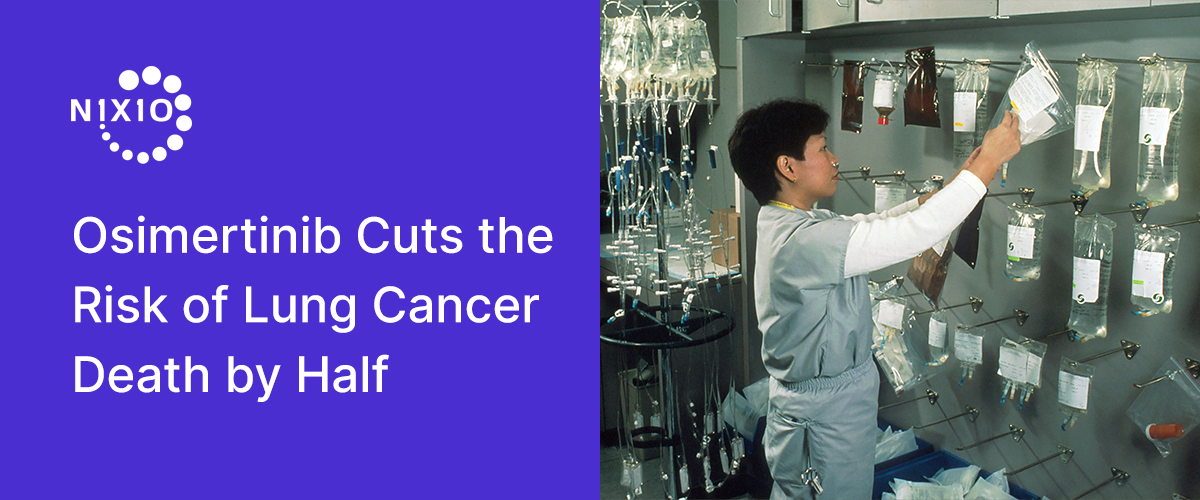Lung cancer is the world’s leading cause of cancer death, accounting for about 1.8 million deaths a year. Non-small cell lung cancer (NSCLC) accounts for approximately 85% of all lung cancers. Of those, approximately 30% present with resectable disease. Adjuvant treatment, after complete tumor resection, has included chemotherapy when recommended.
There is data that shows that among patients with early-stage or locally advanced NSCLC, the risk of recurrence after postoperative chemotherapy or other definitive treatment may be higher among patients with epidermal growth factor receptor (EGFR)–mutated disease than among those with EGFR wild-type disease.
Last June, at the American Society of Clinical Oncology’s (ASCO) annual meeting in Chicago, researchers from the Yale Cancer Center, led by Dr. Roy Herbst, its deputy director, presented the results of the first global phase 3, double-blind, ADAURA trial.
The trial involved 680 patients with stage IB to IIIA EGFR mutation-positive NSCLC, aged between 30 and 86 in 26 countries, which were randomly assigned to receive postoperative adjuvant osimertinib, a third-generation, oral, central nervous system (CNS) active EGFR-TKI, (epidermal growth factor-tyrosine kinase inhibitor) or placebo, with or without chemotherapy.
Everyone in the trial had a mutation of the EGFR gene, which is found in about a quarter of global lung cancer cases, and accounts for as many as 40% of cases in Asia. An EGFR mutation is more common in women than men, and in people who have never smoked or have been light smokers.
The study demonstrated an unprecedented, highly statistically significant, and clinically meaningful benefit in patients randomized to the osimertinib arm than among those who received a placebo. Overall, there was a 51% lower risk of death for those who received osimertinib compared with those who received placebo regardless of the stage of their cancer at the start of the trial. After five years, 88% of patients randomized to the osimertinib arm were still alive, compared with 78% of patients treated with a placebo.


